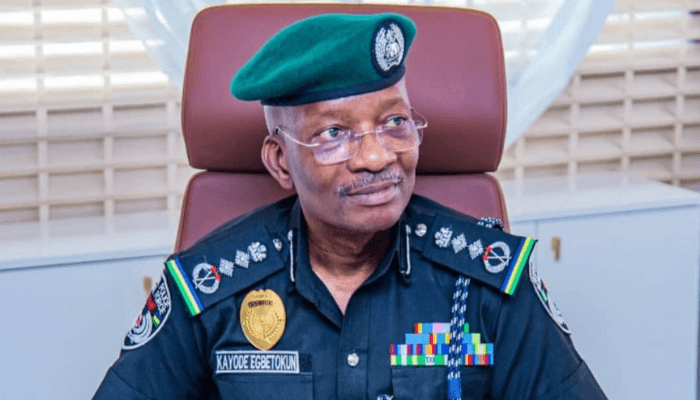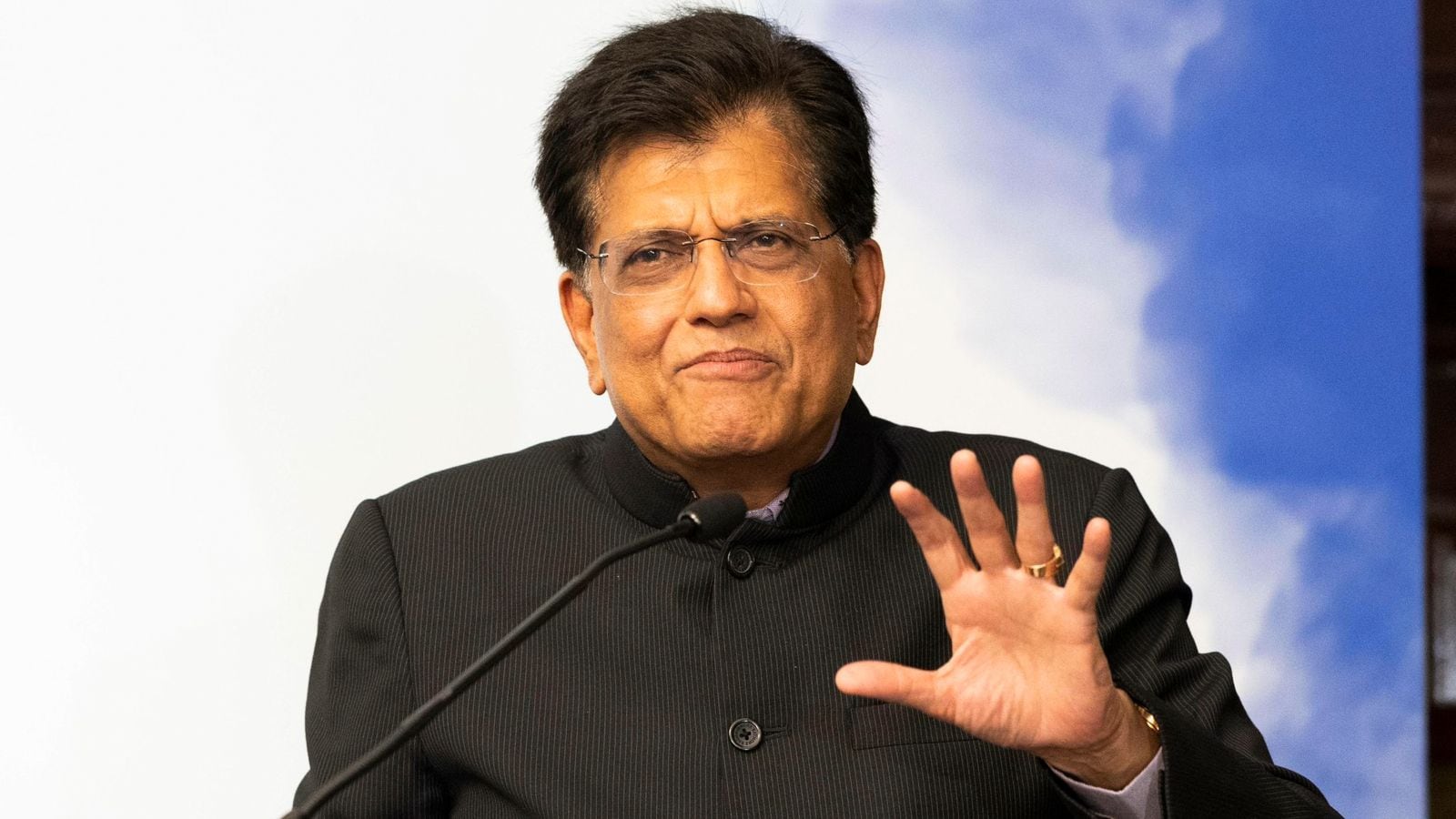Egbetokun charges top Police officers to lead with speed, innovation against rising threats
By Ojochenemi Onje
Copyright businessday

Olukayode Egbetokun, Inspector-General of Police (IGP), has charged top officers of the Nigeria Police Force to adopt sharper, faster, and more innovative leadership approaches in tackling the country’s rapidly evolving security challenges.
Egbetokun, who spoke on Monday at the opening of the Executive Capacity Building Workshop for senior police officers in Abuja, warned that conflicts in Nigeria no longer unfold at a “measured pace” but now erupt suddenly, mutate swiftly, and persistently defy traditional response strategies.
“Conflicts no longer wait. Neither can we. If we must win, our leadership must be faster, sharper, and more innovative than the threats we confront”, IGP declared.
The one-day workshop, organised in partnership with the Society for Peace Studies and Practice (SPSP), was themed “Managing Fast-Paced Security Challenges in a Protracted Conflict Environment.”
According to the police chief, the theme captures the paradox of Nigeria’s security environment, where conflicts stretch for years yet change in form and intensity daily.
He noted that terrorist groups, criminal syndicates, and local conflicts are becoming increasingly adaptive, often using technology, social media, and cross-border alliances to sustain their operations.
Read also: Yola: IGP Egbetokun commissions new ultra-modern police headquarters complex, urges synergy among sister agencies
“This complexity demands more from us than courage alone. It demands foresight, creativity, and agility to lead in an environment of constant flux
“Our leadership must combine patience with speed, endurance with imagination, and strategy with unshakable resolve”, Egbetokun said.
The workshop, he explained, was designed to strengthen the leadership capacity of senior officers in areas such as conflict analysis and effective policing strategies in volatile environments, conflict-sensitive decision-making, early warning and early response systems, and linking conflict analysis to policy development.
“These are not abstract concepts.They are practical weapons of leadership, tools that will equip you to command with clarity, manage crises with precision, and inspire confidence in the men and women under your charge”, he stressed
Egbetokun urged participants to go beyond merely listening to lectures and to transform the lessons into actionable strategies that will redefine police operations across the country.
“What we seek through this workshop is not just individual learning, but collective transformation.
“Our success will not be measured by the brilliance of one commander or the courage of a few units, but by the strength of our collective capacity to anticipate threats, respond as one body, and deliver security Nigerians can see and feel every day”, he said.
The IGP commended the SPSP for its role in bridging scholarship and practice, particularly praising its founder, Isaac Olawale Albert, and the leadership of Suleiman Elias Bogoro and Nathaniel Msen Awuapila for their contributions to peace studies and policing reforms in Nigeria.
Declaring the workshop open, he charged officers to seize the opportunity to sharpen their instincts, renew their vision, and reaffirm their oath to serve with courage, honour, and distinction.
“Let every lesson you gain here become a weapon in your armoury, every idea, a strategy for tomorrow, and every decision you take henceforth a testament of the leader you have chosen to become,” Egbetokun noted.
Nathaniel Awuapila, President of the SPSP, described the capacity building of senior officers of the Nigeria Police Force (NPF) as critical to reshaping the country’s security architecture and fostering peace, justice, and national cohesion.
Awuapila said the programme is more than a routine training, stressing that it represents “a transformative journey aimed at repositioning the NPF as a proactive, intelligence-driven institution.”
The workshop, which was organised pro bono by SPSP, aligns with the policing vision of the IGP, particularly in areas of proactive crime prevention, adherence to legal frameworks, use of technology in intelligence gathering, and inter-agency collaboration.
According to him, it also dovetails with Nigeria’s National Security Strategy, the Police Reform Agenda, and global peacebuilding frameworks.
“This initiative is a deliberate investment in the ethical, analytical, and visionary leadership required to navigate Nigeria’s evolving security landscape,” Awuapila said.
He added that the training would combine expert presentations, case studies, and collaborative dialogue to equip commanders with the foresight and integrity needed to lead effectively.
He also emphasised that the partnership between SPSP and the Police Force reflects profound respect for the NPF’s role as the lead agency for internal security.
Awuapila hailed the IGP’s support for the collaboration, noting that less than a year after both institutions signed a Memorandum of Understanding (MoU), SPSP has trained officers across various cadres, starting with Chief Superintendents of Police, and now extending to senior leadership.
“In this period, about one hundred officers have joined SPSP and been formally inducted as members.
“Today’s pro bono training is our way of reaffirming the confidence you have placed in us and our commitment to strengthening the internal security architecture of our great nation”, Awuapila disclosed.
The SPSP president also acknowledged the support of key figures in the society, including its founder, Isaac Albert, described as the “Father of Peace,” and Suleiman Bogoro, Chairman of its Board of Trustees, whose leadership he said has provided stability and direction.
Awuapila urged the officers to approach the workshop with open minds and a determination to become transformational leaders capable of confronting Nigeria’s complex and fast-evolving security threats.
“Effective policing is not solely about enforcement; it is about foresight, collaboration, and the courage to lead with purpose.
“Let us challenge assumptions, share insights, and emerge not merely as administrators, but as transformational leaders”, he said.
He expressed hope that the engagement would mark the beginning of a new chapter of excellence, innovation, and unity in Nigeria’s collective pursuit of peace and security.



